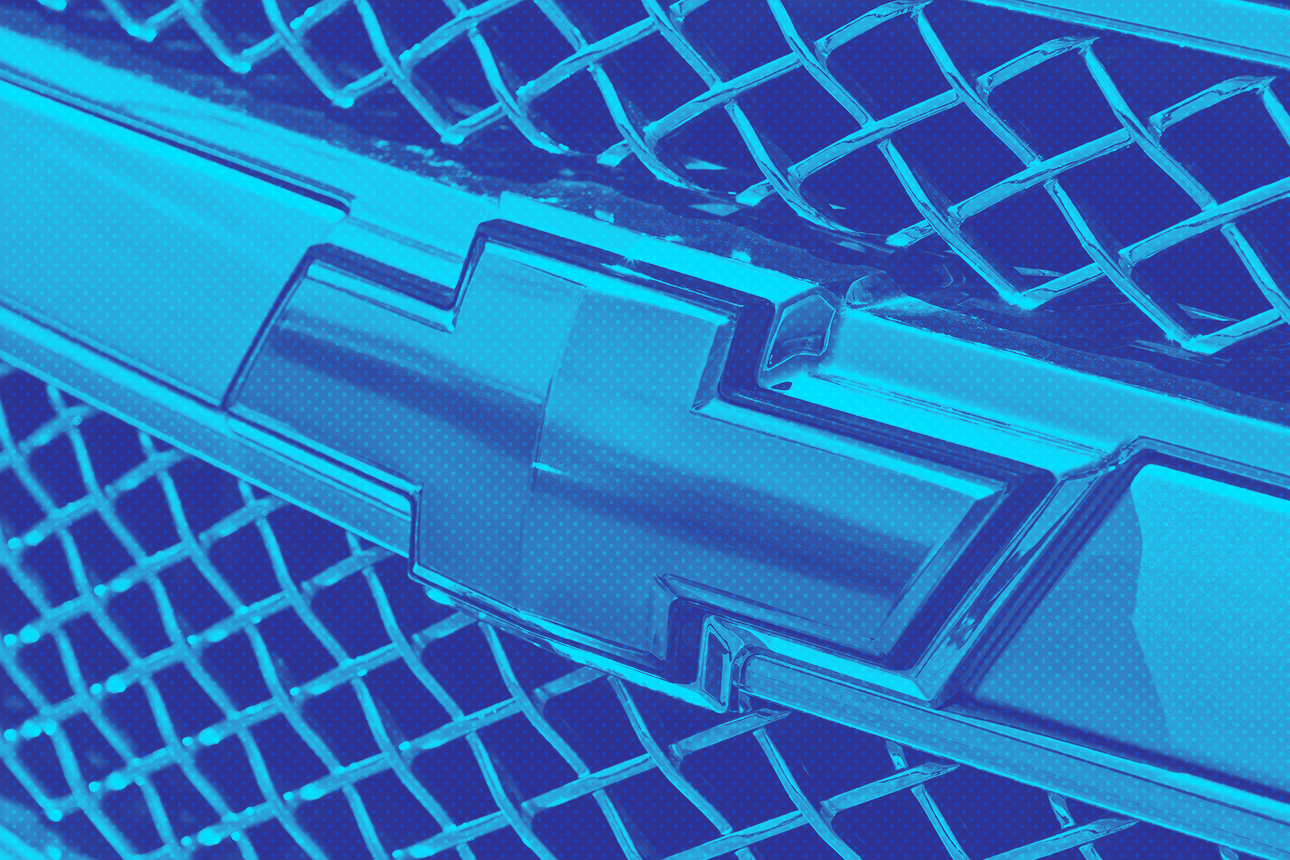The Pitfalls of Nickname Branding
New research shows that customers tend to react negatively when companies incorporate nicknames into their brand marketing.
Topics
News
- Identity-based Attacks Account for 60% of Leading Cyber Threats, Report Finds
- CERN and Pure Storage Partner to Power Data Innovation in High-Energy Physics
- CyberArk Launches New Machine Identity Security Platform to Protect Cloud Workloads
- Why Cloud Security Is Breaking — And How Leaders Can Fix It
- IBM z17 Mainframe to Power AI Adoption at Scale
- Global GenAI Spending to Hit $644 Billion by 2025, Gartner Projects

Getty Images
Bloomingdale’s, whose retail stores are often referred to as “Bloomie’s,” and the Howard Johnson hotel chain, whose slogan is “Go Happy. Go HoJo,” are just a couple of the many brands that currently market themselves using the nicknames their customers have given them. Customers often coin playful nicknames for familiar brands that enter widespread usage. Managers may assume that adopting these nicknames in their marketing is a great way to connect with consumers, but our new research shows that in many cases, it can backfire.
We conducted studies in the U.S. and China with retail brands (such as Walmart), technology brands (such as IBM), and luxury brands (such as Christian Louboutin) that compared outcomes like willingness to purchase, click-through and engagement rates, and brand impressions for over a dozen well-known brands, using their formal names versus common nicknames. What did we find? Nickname branding had consistently negative effects.1
In one study, we showed more than 130,000 consumers otherwise identical ads for UPS or Target that featured either the company’s formal name or its nickname (“Big Brown” or “Tarzhay”) and found that click-through rates were 42% lower for the ads that used the nicknames. Similarly, we analyzed more than 400 tweets from brands that frequently use their nickname (such as Chevrolet, with “Chevy”). We found that on average, posts using formal names had more than twice as many likes and retweets as those using nicknames.
Why does nickname branding tend to backfire? Through additional studies with more than 3,400 consumers, we found that it comes down to perceptions of power. The act of naming something conveys control and ownership, while accepting a name given by someone else can be seen as an act of deference. When brands use their own nicknames, it sends such a strong (if subconscious) message of disempowerment that even loyal customers are likely to be turned off. We also found similar effects when nicknames were used by employees, brand partners, or paid influencers: All of these approaches made consumers see the brands as weaker.
Interestingly, nickname branding is more harmful for brands that consumers see as competent than for those they perceive as warm or friendly or for communications focused on social good. For example, in a study where we compared a hypothetical law firm with a charity as a way to compare a competent brand with a warm brand, we found that nickname branding decreased people’s purchase intention for the law firm but had no downside for the charity. In another study with a real brand, we found that using the nickname “Starbies” when promoting Starbucks coffee reduced consumers’ willingness to purchase by 16%, but using it to promote the brand as offering an inclusive space had no negative effect.
Moreover, in earlier research, we found that when consumers use a brand’s nickname, it comes across as genuine and affectionate, which benefits the brand. In other words, you don’t have to keep consumers from using your nicknames — but to maintain a position of power (and thus profit), you need to avoid adopting those nicknames yourself.
References
- Zhang, N. Ye, and M. Thomson, “BMW Is Powerful, Beemer Is Not: Nickname Branding Impairs Brand Performance,” Journal of Marketing, OnlineFirst, published July 31, 2024.





